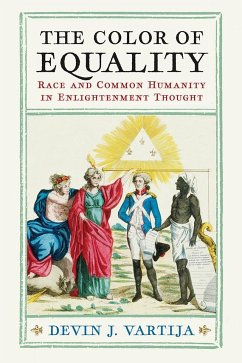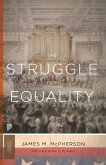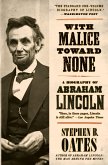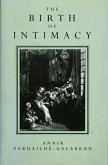As our understanding of the Enlightenment has become more capacious, it makes it difficult to disentangle the messy history of Enlightenment, equality, and racial classification. This book aims to make sense of this complicated history by searching for the ways in which equality and race, human sameness and difference, may have been linked in Enlightenment thought. How was the tension between these ideas dealt with and possibly resolved? And what do transformations in thinking about equality and race tell us about the Enlightenment as an intellectual movement? To address these questions, Vartija has chosen three influential Enlightenment encyclopedias as his main corpus of primary sources: Ephraim Chambers's Cyclopaedia (London, 1728), Denis Diderot and Jean le Rond d'Alembert's Encyclopâedie (Paris, 1751-1765), and Fortunato Bartolomeo De Felice's Encyclopâedie d'Yverdon (Yverdon, 1770-1775) --
Hinweis: Dieser Artikel kann nur an eine deutsche Lieferadresse ausgeliefert werden.
Hinweis: Dieser Artikel kann nur an eine deutsche Lieferadresse ausgeliefert werden.








